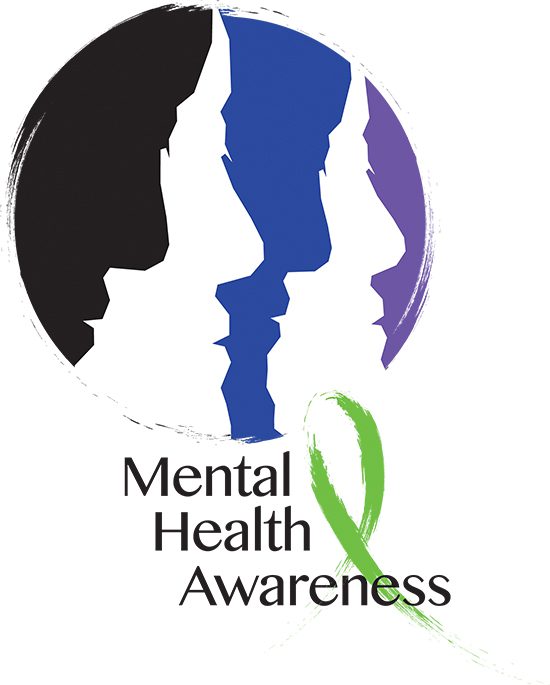 by Karla Silva-Park, LMHC, NCC
by Karla Silva-Park, LMHC, NCC
Mental Health vs. Mental Illness: Is it one in the same?
May is Mental Health Awareness Month and has been recognized as such since 1949 when Mental Health America organized it. But how many of us actually know what “mental health” is? And how is it different from mental illness?
According to the American Psychological Association (APA), mental illness is much like other medical conditions such as diabetes, heart disease or high blood pressure in that it is diagnosable. Mental illnesses are also treatable with proper care and treatment planning, just like when you go to the doctor for a broken foot.
Mental illness affects many people at different stages of life (though according to the APA, nearly 75 percent of presentations occur around the age of 24). It affects all genders, all ages and all ethnicities. It, however, looks different for every person. Each individual will have his or her own experience with common threads.
The key though is that one’s functioning is seriously disrupted and there is a significant amount of distress or dysfunction in many, if not all, areas of one’s life. For some, it has only a minor impact on functioning; for others, the mental illness may require hospitalization for a period of time or even long term.
One of the challenges for those with mental illness is to not be ashamed of it. There is nothing to be ashamed of when it comes to mental illness, and with the right supports, individuals will thrive as their best versions of themselves.
This is where everyone around them comes in. If we can learn that mental illness is similar to other medical conditions and then teach others about it, we will be able to focus on destigmatizing it. In doing that, more people will be open to seek the supports they want and need.
When we talk about “mental health,” we are looking specifically at how well someone is able to function and cope with everyday stressors in a healthy, positive manner. For example, are they engaged in activities they enjoy? Do they have adequate work-life balance? Do they have social supports?
This is where the mind-body connection can play a big role. We know that if we have balance in our lives, we are able to stay healthier physically, emotionally and socially.
Our state of mental health fluctuates throughout our lifetimes and can depend on what challenges we are faced with at that point in time. Sometimes we are able to navigate through life in a very healthy, productive way. Other times it can prove to be a bit more difficult. However, by recognizing the decline and addressing it, people are able to make adjustments and get back to the state of functioning they desire.
What exactly are the benefits of maintaining one’s overall mental health? Having good mental health allows you to recognize your full potential. It helps you cope and adjust through various challenges and will help you to make connections with people and the community around you.
For resources on campus, come to the Mental Health & Wellness Office located in Hale Kako`o 101 or go to the WCC website and search “mental health.” There you can take a free and confidential screening if you have concerns about your overall wellbeing. You can also meet with me for outside resources or access the free individual counseling through the office.
Some local and national information can also be found at the following websites: Adult Mental Health Division, Department of Hawai‘i (health.hawaii.gov/amhd/), Mental Health America (mentalhealthamerica.net), and the National Alliance of Mental Illness (nami.org).



 by Karla Silva-Park, LMHC, NCC
by Karla Silva-Park, LMHC, NCC

